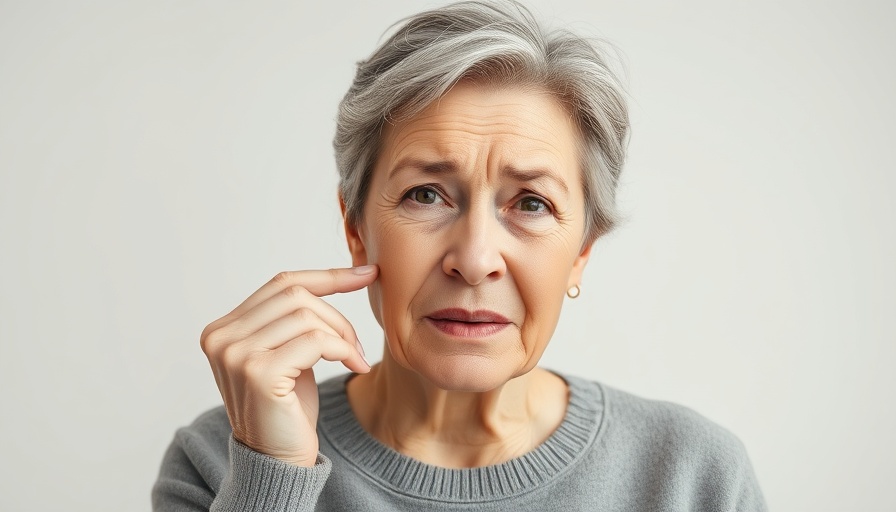
The Hidden Effects of Menopause on Your Mouth
While menopause commonly conjures images of hot flashes and mood swings, its implications extend far beyond those well-known symptoms. Surprisingly, menopause can significantly impact your oral health, an aspect that often goes unnoticed until the problems arise. In this article, we’ll explore how hormonal changes can alter your mouth's landscape, and what you can do about it.
What Hormones Have to Do With Your Smile
Estrogen isn’t just a hormone that affects your skin and bones; it plays a pivotal role in maintaining your oral health too. As estrogen levels drop during menopause, its absence manifests through various oral health issues that can leave you feeling awkward and uncomfortable.
Some telltale signs you might experience include:
- Increased Gum Sensitivity: One of the first things you might notice is that your gums become more sensitive. Brushing and flossing might leave you feeling tender rather than refreshed.
- Chronic Dry Mouth: With reduced saliva production, you could feel as if you’ve been wandering through a desert. Dry mouth can lead to bad breath and heighten the risk of dental decay and infection.
- Slower Healing: Cuts or sores in your mouth may take significantly longer to heal, making you more susceptible to infections.
- Potential for Loose Teeth: As bone density decreases, you might even notice increased looseness in your teeth over time.
It’s Not Just You—Research Supports These Changes
Studies across the board have landed on similar conclusions regarding the connection between menopause and oral health. Research published in the Journal of Clinical Periodontology directly links post-menopausal women with a heightened risk of periodontal disease and tooth loss. Additionally, a study from PubMed indicated that the decrease in estrogen significantly correlates with reduced saliva production.
Interestingly, hormone replacement therapy (HRT) has shown promise in mitigating some of these oral health issues, contributing to healthier gums and bone density according to findings from the Journal of Oral Health.
Bringing Attention to the Unspoken
While it’s easy to focus on classic symptoms of menopause, it’s crucial to break the silence on its effects on oral health. Not only does it affect aesthetics—think dry, flaky lips or loose teeth—but it can also deeply impact one’s confidence and self-image.
If you’re feeling uneasy with the changes in your oral health, know that you’re not alone. Countless women are navigating this transitional phase. So, what actions can you take to safeguard your dental health during menopause?
Practical Tips for Keeping Your Smile Bright
- Stay Hydrated: To combat dry mouth, drink plenty of water throughout the day. Sugar-free beverages, especially those designed for oral health, can also aid in keeping the moisture around.
- Maintain Regular Dental Visits: Regular check-ups become even more crucial during menopause. Staying on top of your dental health will help catch any issues early on.
- Consider Diet Adjustments: A diet rich in fruits, vegetables, and dairy promotes better dental health. Foods loaded with calcium and vitamin D can help keep your bones and teeth strong.
- Ask About Hormone Therapy: If you think HRT might benefit you, consult your healthcare provider about the potential positive impact it could have on your overall and oral health.
The Bottom Line: Awareness is Key
Understanding the implications menopause may have on oral health is the first step in ensuring you maintain a vibrant smile through this transitional phase. With proper care, attention, and regular dental check-ups, you can navigate these changes while keeping your confidence intact.
Women everywhere deserve to know about how menopause can affect their overall health, so consider sharing this knowledge with friends or discussing it with your healthcare providers. After all, good health is meant to be celebrated, not neglected!
Make an appointment with a holistic dentist today to explore how menopause can impact your oral health and what you can do to combat it effectively.
 Add Row
Add Row  Add
Add 




Write A Comment